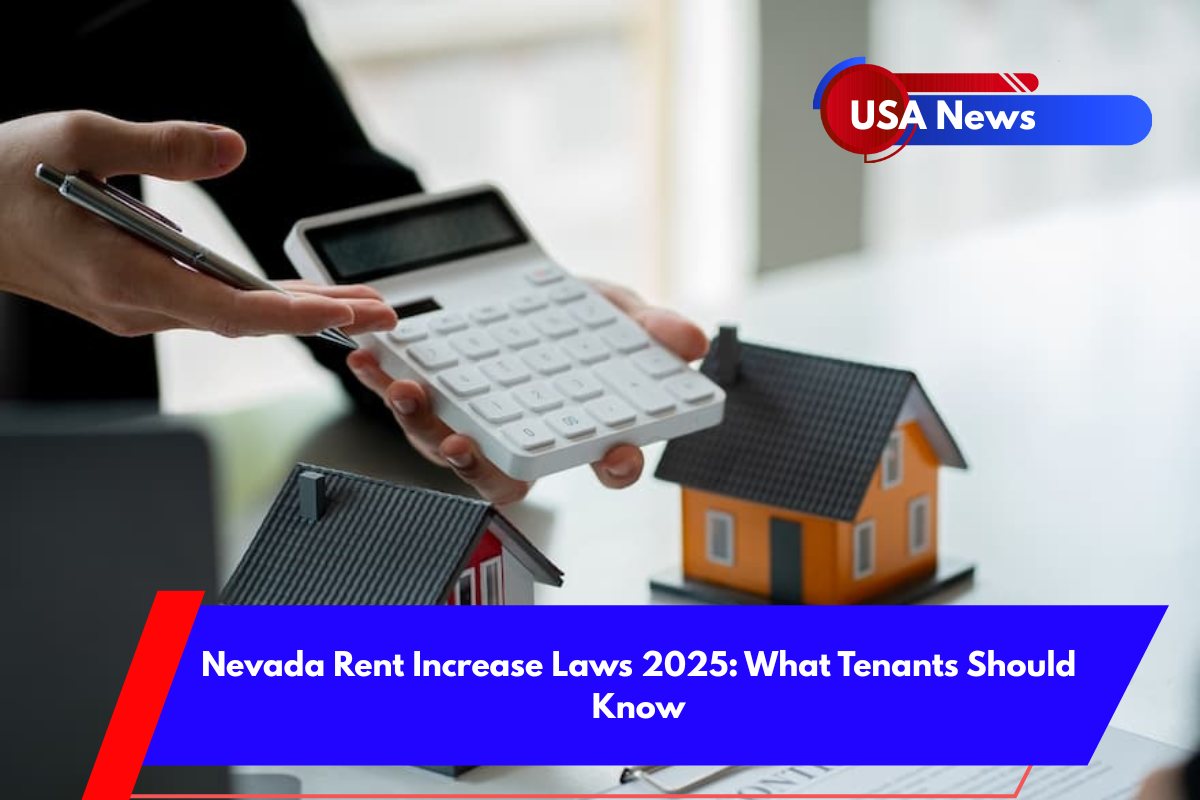Tenants in Maine should be aware of several key laws and protections regarding rent increases in 2025. Here’s a comprehensive summary:
Statewide Rent Increase Regulations
- No Statewide Rent Cap: Maine does not have a statewide cap on how much landlords can increase rent. Landlords are generally free to set rent increases as they see fit, provided they follow notice requirements.
- Notice Requirements:
- Increases Less Than 10%: Landlords must provide at least 45 days’ written notice before the increase takes effect.
- Increases of 10% or More: Landlords must give at least 75 days’ written notice before the new rent is effective. This rule also applies if multiple increases within a 12-month period add up to 10% or more.
- Mobile Home Tenants: For mobile home park residents, a 30-day notice is required for rent increases.
- Frequency of Increases:
- For sitting tenants, landlords may only increase rent once every 12 months. This means after a rent increase, the landlord must wait a full year before raising rent again for the same tenant.
- There is no restriction on the frequency of rent increases for new tenants moving into a unit, but proper notice must still be given.
- Written Notice: All rent increases must be communicated in writing, specifying the new rent amount and the effective date. Oral agreements are not valid.
- Unfair Practices: The Maine Unfair Trade Practices Act protects tenants from exploitative or unreasonable rent increases, providing additional legal recourse if landlords act in bad faith.
Local Rent Control Ordinances
- Portland and South Portland:
- Portland: Annual rent increases are capped at 100% of the Consumer Price Index (CPI) or 5%, whichever is lower. For example, in 2022, the maximum allowable increase was 3.8%.
- South Portland: Has a similar rent control ordinance to Portland, also limiting annual increases.
- Exemptions: New construction (after April 2020), owner-occupied buildings with four or fewer units, and certain other types of rentals are exempt from these caps.
- Other Cities: Some cities like Bangor may have additional local rules, so tenants should check with their local government for specifics.
Tenant Rights and Remedies
- Legal Action: If a landlord violates notice requirements or local rent control laws, tenants may recover excess rent, interest, and reasonable attorney’s fees.
- Retaliation Prohibited: Landlords cannot raise rent in retaliation for tenants exercising their legal rights.
- Habitability: Tenants have the right to a habitable home. If a unit becomes uninhabitable, tenants can withhold rent, deduct repair costs, or terminate the lease if necessary.
Key Takeaways
- Notice is Crucial: Always ensure you receive written notice of any rent increase, and check the required notice period based on the increase amount.
- Check Local Laws: If you live in Portland, South Portland, or another city with rent control, your landlord must follow stricter rules.
- Frequency Matters: Landlords can only increase rent once per year for current tenants.
- Know Your Rights: If you believe your rent was increased unlawfully, you can file a complaint with the Maine Attorney General’s office.
By understanding these laws, tenants can better protect themselves from sudden or unfair rent increases in Maine.
Sources:
- https://www.steadily.com/blog/rent-increase-laws-regulations-maine
- https://www.hemlane.com/resources/maine-rent-control-laws/
- https://www.maine.gov/ag/news/article_scams.shtml?id=13153973
- https://www.hemlane.com/resources/maine-tenant-landlord-law/
- https://legislature.maine.gov/statutes/14/title14sec6015-2.html













